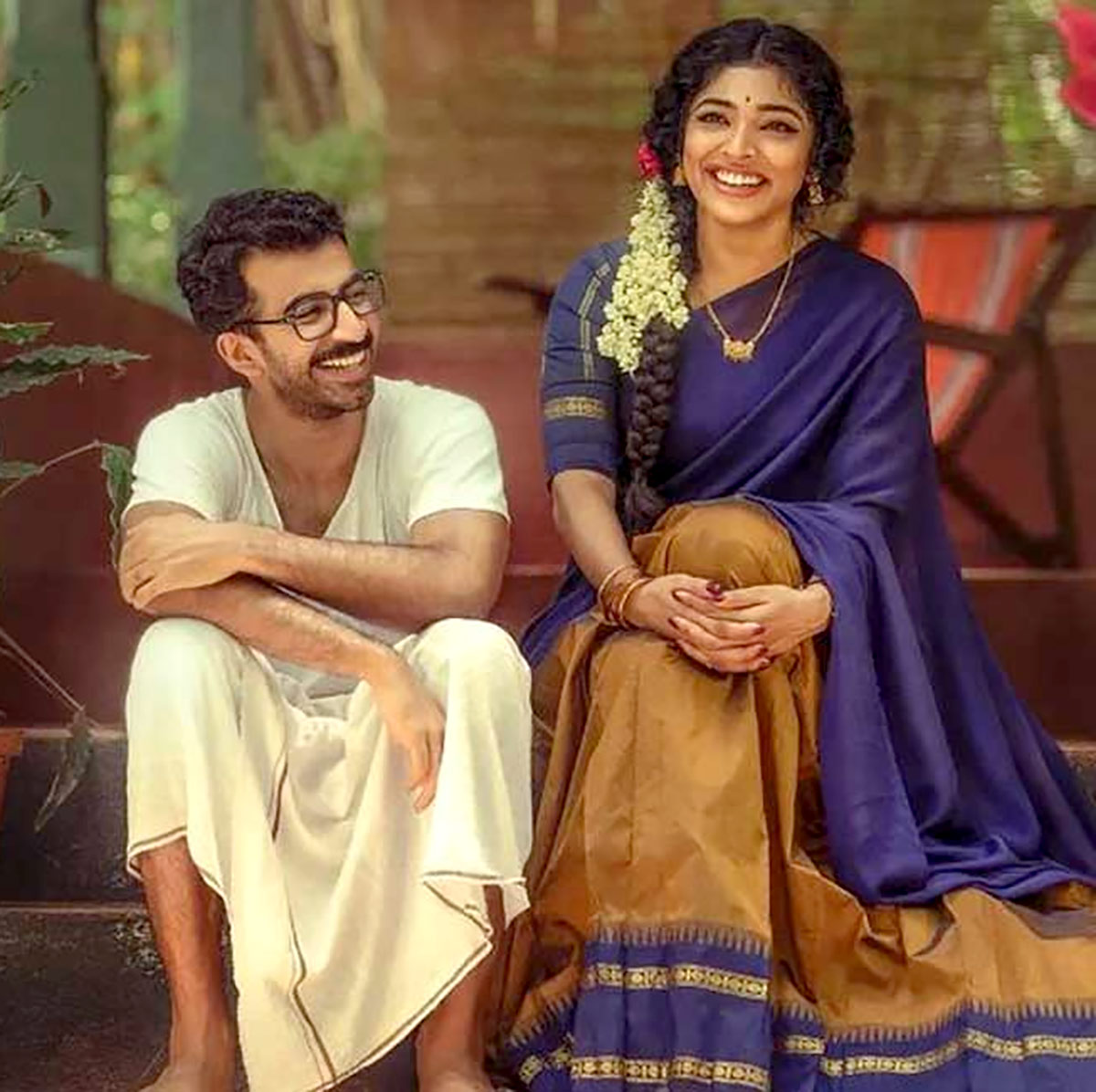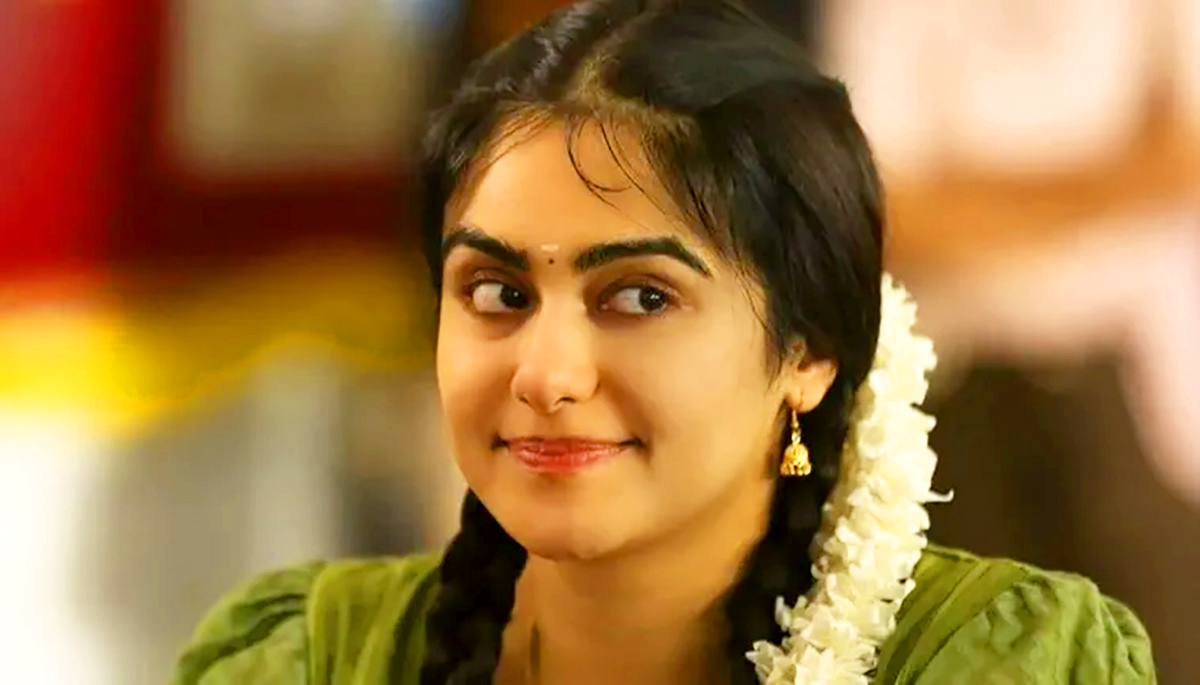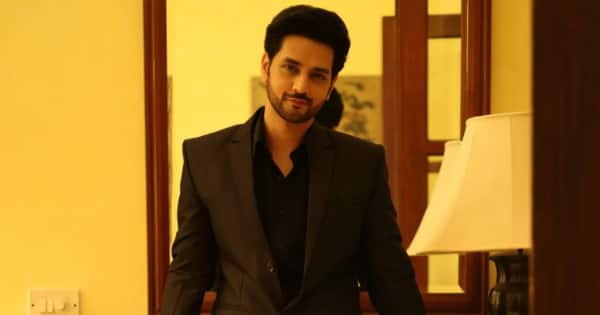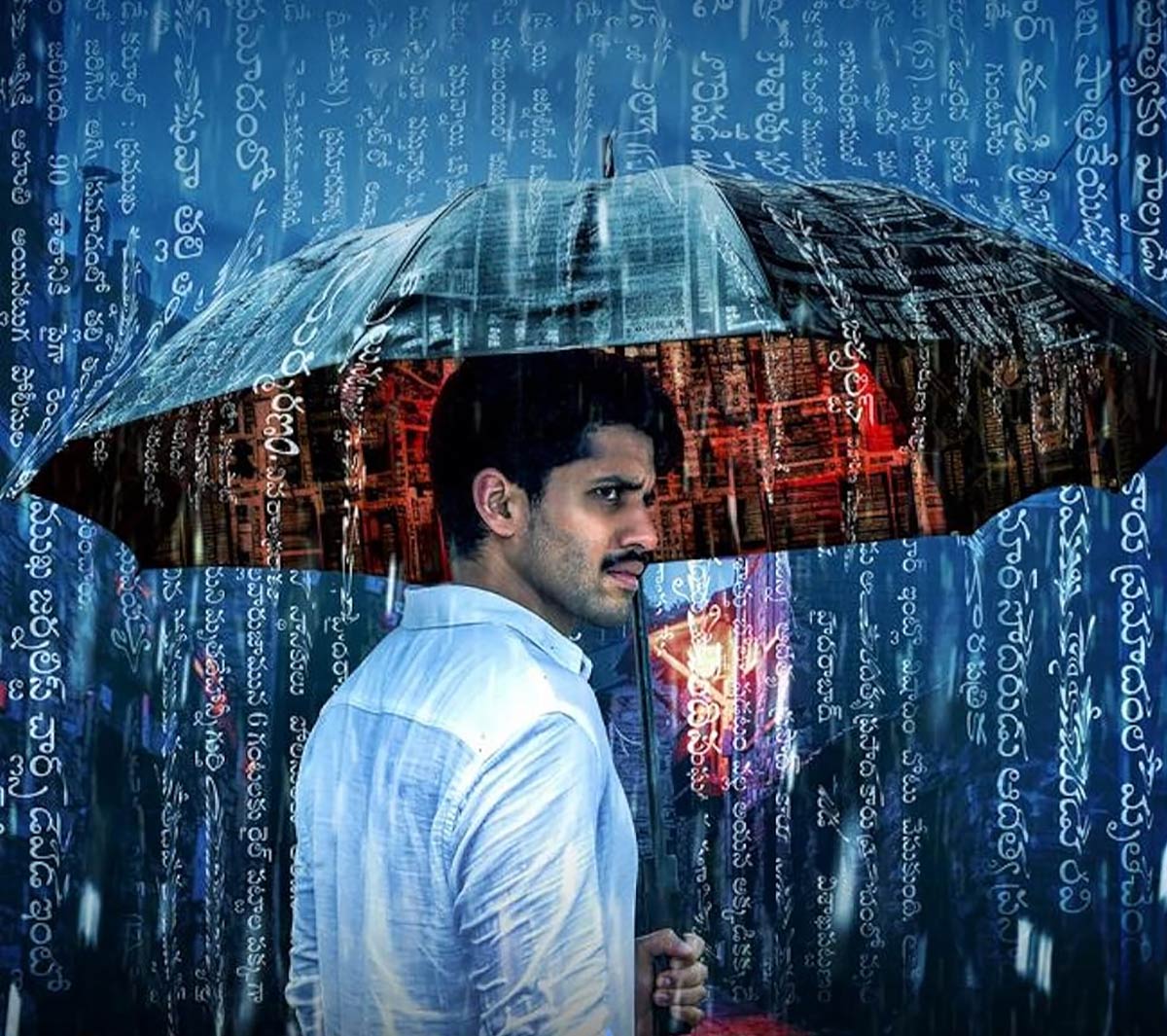The lyrical beauty of the songs, the exceptional frames that bind beauty and poetry make Neelavelicham a near-perfect tribute to the legendary writer who marvelled at imperfection and despised grammar as much as he hated his writing being edited, observes Divya Nair.
Horror films in Malayalam have hardly ever interested me.
Blame it on poor storytelling, but over-the-top performances by busty women clad in white saris thirsty for blood and revenge was only made worse by cringe-worthy VFX.
On rare occasions, when interspaced with decent humour and a bit of logic, there is some ingenuity which makes the experience of watching a horror thriller entertaining.
Manichitrathazhu, Anandabhadram and the more recent Romancham are some of the best ones that come to mind.
I remember my grandmother mentioning that when the late Vaikom Muhammed Basheer’s Bhargavi Nilayam released in 1964, it was one of Malayalam cinema’s most notable horror films.
As a ’90s kid, when I watched it on television, I may not have appreciated the theatrical rendition of a beautiful story put together by a stellar cast of Madhu, the late Prem Nazir and Vijaya Nirmala, but I did appreciate the courage of its makers in establishing a room for compassion for the bold and fearless kohl-eyed female ghost even while attempting to scare the daylights out of you.
The story is simple. An unassuming writer rents out a haunted mansion against the advice of his friends and villagers.
Enamoured by the mystery of the mansion’s beautiful daughter named Bhargavi, he decides to pen her story as he discovers the truth behind the young woman’s alleged suicide. Her spirit is believed to be scaring the village folk away and claiming innocent lives.
If you have watched the original, in black and white, you’d perhaps agree why Director Aashiq Abu would have wanted to adapt this classic and narrate it for the modern audience.
Starring Tovino Thomas as Basheer, Neelavelicham takes an ambitious leap of faith in retelling the story of Bhargavi and Sasikumar, staying true to the original.
The scenes are adapted frame by frame but watching it 60 years later comes with its fair share of expectations and limitations.
The new screenplay and cinematography add a distinct charm to this already-seen story.
The film is more refined and importance is given to the finer details as against the original — the dusty interiors of a mysterious, unpopular mansion featuring a noisy rodent, a frightening feline often interrupted by Bhargavi’s gloomy silhouette that appears and fades under the moonlit sky are usual ingredients that promise a bit of scare and thrill.
For example, in Bhargavi Nilayam, when the writer (played by Madhu) steps into the mansion the first time, it seems he’s entering a set where the surroundings are familiar as opposed to Tovino who imitates the same dialogues but is curious, also careful and a bit scared, as he makes us believe that a woman’s vengeful spirit can do him no harm.
The beauty of Neelavelicham lies in the personification and dignity of its non-living beings.
When the writer seeks the permission and blessings of the house owner before entering the house, or when he calls out to Bhargavikutty as if he is addressing a long-lost friend, you also identify with his pure heart and intentions.
It is only natural then that Bhargavikutty gradually accepts his company and co-inhabits the new space he has created for himself in her world.
Aashiq Abu’s adaptation adds a few new elements to the screenplay, like the scene when Bhargavi curiously sneaks up to the writer’s dairy and reads his personal notes, giving us a rare glimpse of his pensive solitude, a far cry from his gleeful, spirited public image.
The visuals and VFX are equally breathtaking, especially the scene by the beach where the writer witnesses neelavelicham (blue luminescence, the phenomenon on which the story borrows its title).
It is a spectacle worth savouring on the big screen. But it leaves a lot to be desired in terms of narrating the core story of a young couple separated by fate.
Blame it on the lack of chemistry between Bhargavi (Rima Kallingal) and Sasikumar (Roshan Mathew) or the choice of characters — perhaps they could have cast someone younger — you don’t quite feel as empathetic as one should after discovering the unfortunate turn of events.
Neelavelichama tad boring for a family entertainer.
If you were to ignore these natural expectations, you’d see the film for what it achieves: A visual treat to the senses.
The lyrical beauty of the songs, the exceptional frames that bind beauty and poetry make Neelavelicham a near-perfect tribute to the legendary writer who marvelled at imperfection and despised grammar as much as he hated his writing being edited.
As for its characters, except Rima, most others deliver memorable performances.
Shine Tom Chacko, much like his name, shines in his role as Nanukuttan, the menial possessive cousin, the arch villain of the story.
Tovino is brilliant as ever as the restrained but curious, friendly writer who refreshes us with a more promising, fulfilling role than could have been imagined by the late Vaikom Basheer.
If Bhargavi Nilayam was Vincent A’s debut film as a director, Neelavelicham is Aashiq Abu’s first attempt at horror and the latter’s effort at recreating a cinematic classic does pay off.
Neelavelicham streams on Amazon Prime Video.
Neelavelicham Review Rediff Rating:














